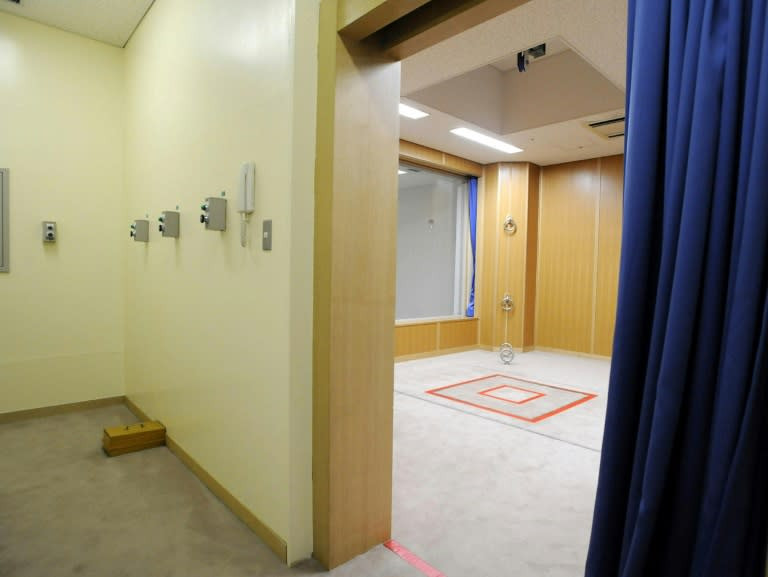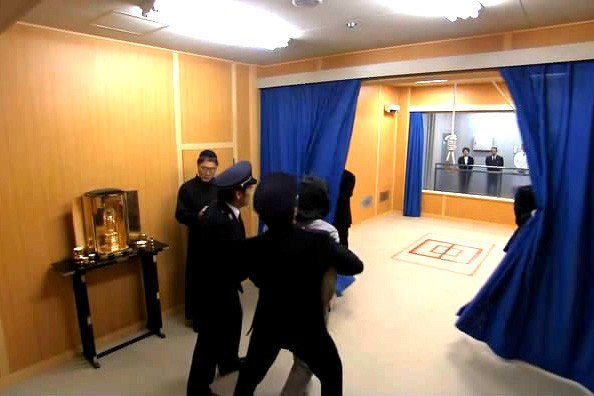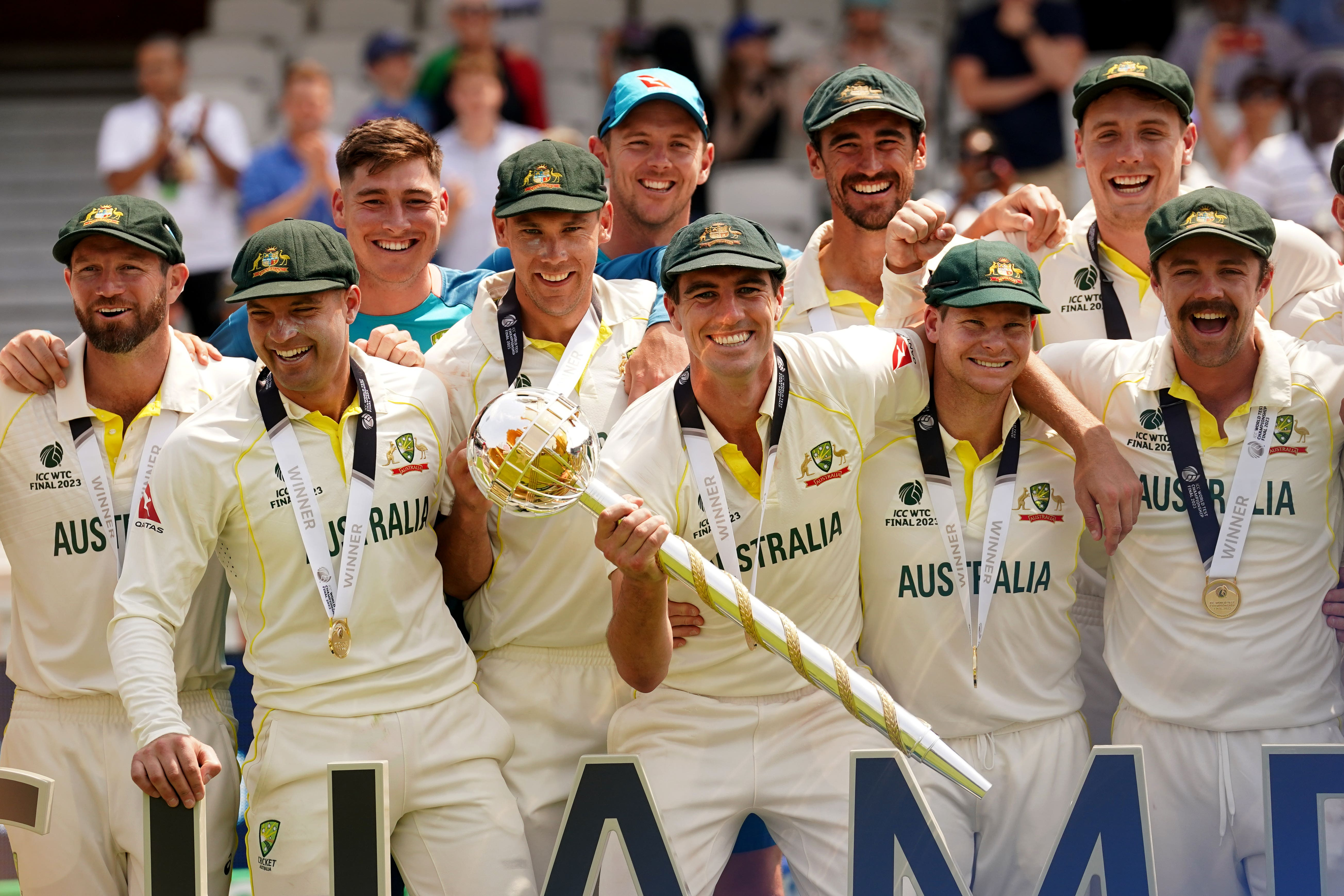With Japan remaining wedded to the death penalty despite a shift away from capital punishment among many developed nations, concerns linger over the diplomatic repercussions for the Asian nation as it seeks to strengthen partnerships with democracies that prioritize human rights.
"Japan emphasizes that its allies are 'partners with which it shares values,' but that is often not the case at all when it comes to the death penalty," said Takako Suzuki, a 38-year-old lawmaker from the ruling Liberal Democratic Party and also a former senior vice foreign minister.
Japan and the United States are the only Group of Seven industrialized nations to still hand down capital sentences. At the end of 2023, 144 countries had abolished the death penalty in law or practice, according to human rights organization Amnesty International.
Suzuki, who has called for a public debate on capital punishment, said Japan could be seen as having "double standards," given it slams autocracies for trampling rights but at the same time maintains the death penalty -- a system which critics say is cruel and a violation of the right to life as well as being fallible, potentially leading to wrongly convicted people being put to death.
"It is an important political theme related to diplomacy and security," she said.
Japan has not executed anyone since July 2022, possibly affected by The ongoing retrial of Iwao Hakamata, an aging former inmate accused of a 1966 quadruple murder. It is a rare extended halt in executions in recent years.
Diplomatic Strain
European nations, which must have abolished the death penalty to gain access to the European Union, have been vocal in calling on Japan to review its stance.
Belarus is the only country in Europe to retain it. Britain, which withdrew from the EU in 2020, abolished it in 1969 although nearly 80 percent of the nation was said to have supported the penalty at the time.
Saul Lehrfreund, co-founder and co-executive director of a British nongovernmental organization named the Death Penalty Project, indicated that public support should not necessarily serve as a reason for determining whether executions should continue, citing the limited information available to the Japanese public.
The Japanese public has few opportunities to know the details of the death penalty, such as its process and how death row inmates are scheduled for execution. The only information revealed after an execution is the name of the prisoner, the location of the execution, or details about the crime committed.
Public Opinion and the Lack of Transparency
A survey conducted by the Japanese government in 2019 showed that 80.8 percent of respondents supported the death penalty, with some agreeing that people found guilty of heinous crimes deserve such punishment and others feeling the system is helping prevent increase of serious crimes.
"I think that the public opinion survey, from where I look, is not a sufficient justification for the retention of the death penalty. It's an excuse for the government not to tackle the death penalty," Lehrfreund said. He believes a survey independently conducted by international experts will deliver a more representative assessment.
What is more important than capital punishment is enhancing psychological and financial support for victims of crimes, the expert also said.
A Challenge to Defense Cooperation
In the past, Japan's capital punishment served as a roadblock in defense cooperation talks with Australia, which abolished the death penalty in 1985.
Although the two countries eventually agreed in 2022 to sign a treaty to facilitate reciprocal access and cooperation between the Japanese Self-Defense Forces and the Australian military, Canberra's concerns centered on whether Australian service members could face the death penalty if they commit serious crimes on Japanese soil.
They came up with a compromise on the issue that provided some dispensations, but not a complete exemption for Australian personnel, deciding to prioritize the need to step up cooperation in the face of China's maritime assertiveness in the Indo-Pacific region.
Hanging as a Method of Execution
Japan's practice of hanging those sentenced to death, the only method of killing it uses, has also been subject to outside criticism.
"For Americans, hanging evokes the lynching of Black people or public executions. Even death penalty supporters feel it is abhorrent," said Kaori Sakagami, a 59-year-old movie director whose works include documentaries of U.S. prisoners with life sentences and of a Japanese prison.
"With hanging the standard for 150 years and with few details on individual executions offered, people (in the United States involved in judicial and other issues) wonder why Japanese society does not debate the matter," Sakagami said.
Looking Towards the Future
As Japan navigates its path forward, the international community is watching, and the pressure for Japan to reconsider its stance on the death penalty is likely to intensify. Whether Japan will continue to cling to its current system or embrace change remains a significant question, one that will have implications for its global standing and its relations with other nations.


















